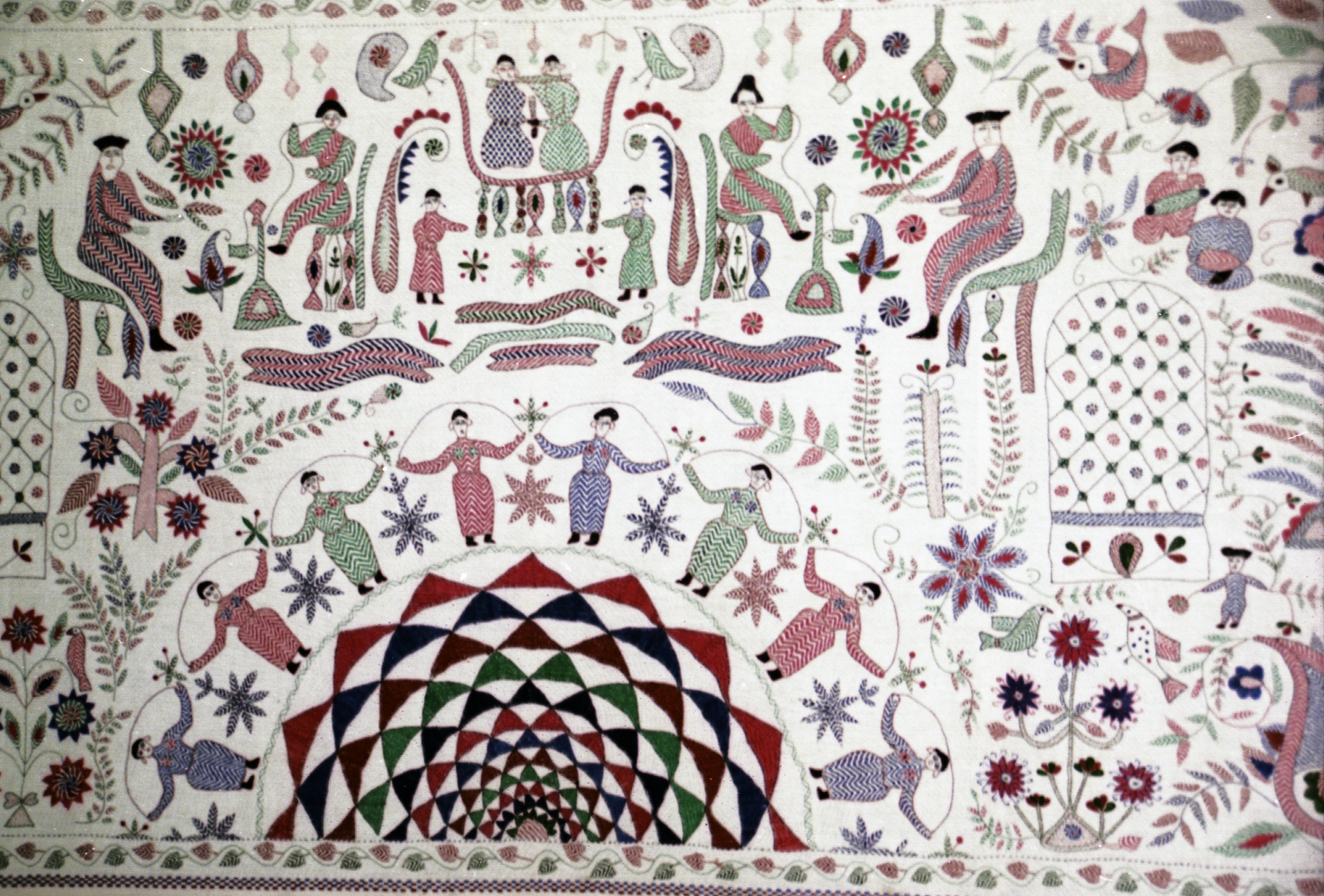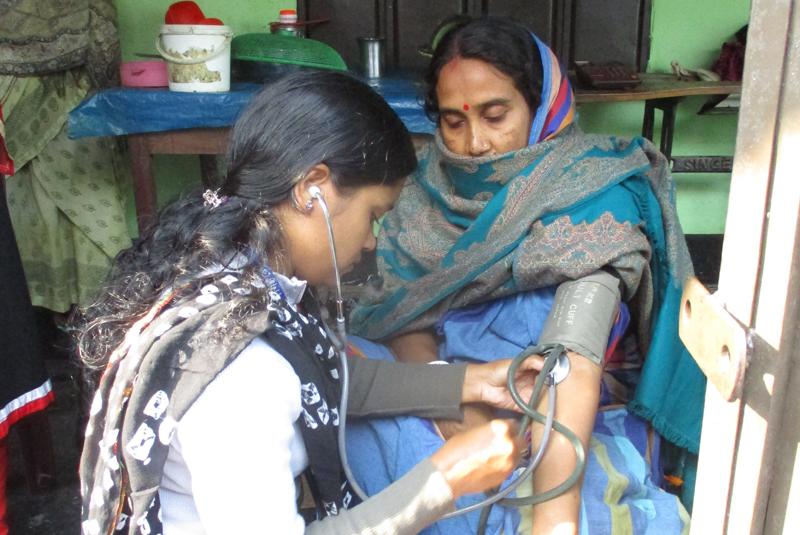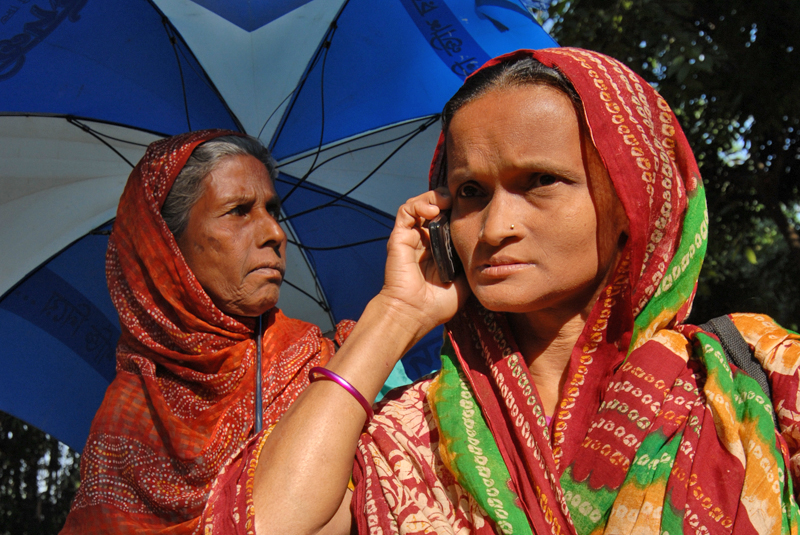Labour relations
Distorted perception
By Marianne Scholte
The readymade garment (RMG) industry in Bangladesh got its start as the result of the 1974 Multi-fibre Arrangement. The first factories were set up in the late 1970s as subcontractors for companies from Hong Kong and Korea that wanted to circumvent the export quotas that applied to their home countries. The Bangladeshi RMG industry experienced phenomenal growth. By 1990/91, the sector was exporting goods worth almost $ 900 million, equivalent to 50 % of total exports.
Today, Bangladesh is the second largest exporter of readymade apparel in the world, trailing only China. Last year, Bangladesh exported $ 18 billion worth of garments. That sum was 78 % of total export earnings. Garment factories directly employ 3.5 million people. Most of them are women from rural areas, for whom there are no other formal-sector jobs. The industry indirectly provides employment for millions more.
However, for at least 20 years, the Bangladesh garment industry has also been the focus of critical media attention. In the early 1990s, the Child Labour Coalition ran an awareness raising campaign in the USA. In 1992, the US Congress passed the Child Labour Deterrence Act (the Harkin Bill). As a consequence, many garment orders were cancelled.
The impact was healthy. The Bangladesh Garment Manufacturers and Exporters Association (BGMEA) pressed its members to eliminate child labour – defined as workers under 15. In 1995, the International Labour Organisation (ILO), UNICEF and BGMEA signed an agreement which, among other things, included paragraphs on external monitoring and verification. Such monitoring and verification continue to this day.
In Germany, critical reporting on conditions in Bangladeshi factories has recently resurged. For the past five years, Clean Clothes Germany, for example, has been investigating conditions and spearheading a campaign to expose low wages, long working hours and poor safety conditions. The most recent study of Clean Clothes Germany was published in January. It claims that: “working conditions for the sewing machine operators have hardly improved at all.”
Markencheck (“Brand check”) is a regular TV show broadcast by the German public-sector station ARD. Earlier this year, Markencheck programmes dealt with the retail chains Lidl and H&M respectively. The reporters relied heavily on the investigative work of Clean Clothes Germany to criticise labour conditions in Bangladesh.
Out of context
In its H&M programme, Markencheck included a short excerpt from an interview with Syed Sultan Uddin Ahmmed, assistant executive director of the Bangladesh Institute of Labour Studies. He said that garment workers need a minimum wage of 7000 takas (the equivalent of not quite € 70) to survive, while minimum wage is presently only 3000 takas. Uddin Ahmmed’s statement is correct, but it was taken out of context. He was surprised to hear that he appeared on German television – and most alarmed to hear that his quote might lead viewers to boycott clothes from Bangladesh. While the CCC is opposed to boycott strategies, many media reports that rely on its information suggest that consumers should not buy items produced in low-wage countries because importing such goods is ethically wrong.
Uddin Ahmmed strongly disagrees with Clean Clothes Germany and insists: “Many factories have improved their working conditions.” In his view, labour unrest in 2005 had a healthy impact: “Workers’ problems received attention. Now, nobody closes their eyes anymore.” The truth is that the garment industry is the only industry that even has a minimum wage in Bangladesh and that many textile workers earn enough to not only make a living, but to support rural relatives as well. As Uddin Ahmmed sees it, the “increase in minimum wage in 2010 to 3000 taka a month still does not cover the workers’ needs, but it is far better than it was.”
Furthermore, the only alternative for most garment workers is domestic work in private households, which according to Uddin Ahmmed is “worse than anything.” Domestic servants enjoy no legal protection at all. He says: “In the wealthier areas of Dhaka, they may make 1500 taka a month. It is less in other areas, about 800 takas.”
Uddin Ahmmed is adamant that “to stop buying Bangladeshi products is not the solution. My message would be: buy garments made in Bangladesh and help rural Bangladeshi girls to be self-reliant and have a dignified life!” Indeed, workers in garment factories tend to be more self-confident and assertive than village women in Bangladesh. In many ways, work that looks appalling to German eyes is considered liberating by the women concerned. The social scientist Naila Kabeer (2000) pointed out that gender stereotypes in this predominantly Muslim country are changing thanks to the advent of the RMG industry.
According to Uddin Ahmmed, what is needed is “not a campaign to stop imports to Europe, but pressure on the government to implement a labour governance system to cope with this huge industry.” He emphasises that there is no stringent enforcement of labour laws in an industry of 3.5 million workers. In his view, the government must also tackle social challenges like housing: “All the workers are in two cities. Not a single brick was put in place for their accommodation, no toilets.”
If Germans want the situation in Bangladesh to improve, he says, they should support the trade union movement: “Work with those who are active. Help them mobilise and organise workers.” In this view, international pressure on Bangladeshi companies to improve their act is helpful, but boycotting them would hurt the workers.
Employers’ perspective
Industry associations too are interested in improving matters. BGMEA and the Bangladesh Knitwear Manufacturers and Exporters Association (BKMEA) have moved to promote awareness and compliance with international social and environmental standards even though many members resist change.
Fazlul Hoque is familiar with the setting. As a former president of BKMEA who now heads the Bangladesh Employers’ Federation, he is used to opposition from members. He says he tells them: “Okay, today you feel that I am not protecting you, but after five years, you will appreciate that I protected you at the right time.”
He says that international development partners such as GIZ, the United Nations Development Programme, and the EU have contributed to raising awareness of social issues in Bangladesh. And market pressure plays a role too, he admits. Manufacturers are increasingly aware that “they must meet the buyers’ requirements.”
For Hoque, who owns two garment factories with 600 workers each in
Narayanganj, a city two hours from Dhaka, compliance is a matter of following the rules of the Bangladesh Labour Law 2006, which incorporates all of the ILO’s core labour standards. He explains: “BKMEA and BGMEA do a basic certification – they report that this factory is compliant up to this or that point.” This includes issues such as child labour, security et cetera. “The next step is third-party auditors.” Hoque’s companies are certified by TÜV SÜD, a German auditor, for instance.
According to Hoque, about a third of the 3000 garment factories operating in Bangladesh are fully compliant. These are big and medium-sized firms that employ about 1.5 million workers.











